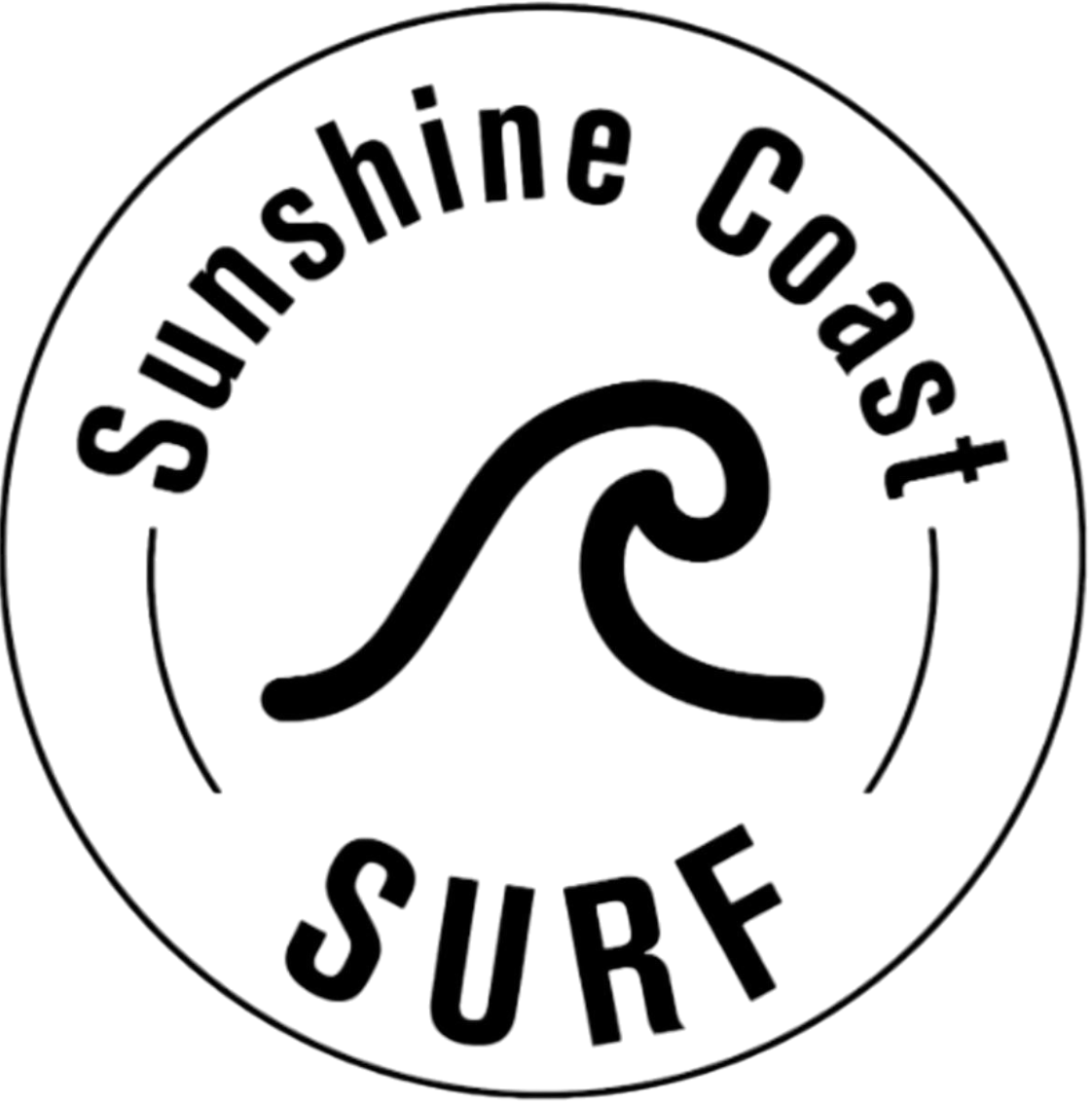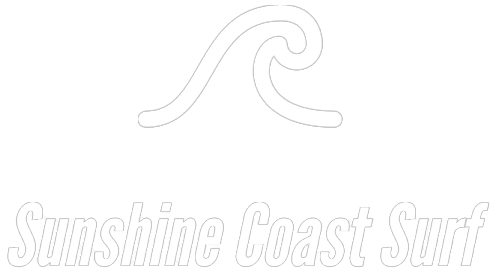
World Championship Tour photographers can breathe a little easier now that they own their photos again. A recent change to one of the new ASP’s biggest hitches has been amended.
When ZoSea took ownership of the Association of Surfing Professionals, they made a few very distinct changes. While most of them have seemed to be for the growth of the sport – one of the new ASP’s biggest goals – one change in particular seemed a tad harsh.
Starting at at the first stop on the 2014 World Championship Tour, Snapper Rocks, tour photographers no longer owned any photos or video they took.
As Snapper’s starting date drew closer, the ASP sent out emails for media accreditation.“I hereby assign in full the rights to all audio, visual, still image or moving content I generate at the Event (“the Content”) to ASP,” read the fine print at the bottom of the email

Which meant, essentially, that photographers were better off standing on the beach shooting with the regular folk snapping shots on their iPhones than they would be with a media pass. At the end of the day, an ASP representative was within their rights to take all of a photographer’s images and claim ASP ownership of them. ”It now makes no sense for me to shoot all day, because I don’t own my images at the end of it,” Peter “Joli” Wilson said in an interview with SwellNet.

As you might imagine, this left a lot of photographers with a bit of a bad taste in their mouth. Peter “Joli” Wilson was one of them. Keep in mind that Joli is one of the most prolific surf photographers in the world. He’s been following the tour for around twenty years, and heavily involved in the surf industry for twice that. If you’ve ever even glanced at a surf mag, you’ve probably laid eyes on one of his images. And a few days ago, before the ASP’s change of heart, Joli was banned from media access at the Gold Coast event.
“I’ve been shut down,” Joli said in an email a few days ago. “Denied access into the Quik Pro, so according to all the rules and regulations, as I am not accredited, I’m not allowed to shoot at Snapper.”
According to the email, the interview with SwellNet ruffled a few ASP feathers. They called him up to talk about it, and Joli told him how he felt. “I expressed my concerns about the first line of the media accreditation that said if you signed up, you agreed to assign full rights over to them,” he wrote in the email. “As a freelancer, I don’t agree and consequently, I hadn’t signed up.” So they showed him the door at Snapper, and told him not to let it hit him on the way out.
According to Joli, the ASP told him their media model is based on American sports leagues. In a bid to protect their intellectual property rights and stopping anyone from making money off the ASP brand, these new rules were put in place – which, if correct, has merit. If, as they say, they want to bring surfing to a larger audience (whether you want it or not, that’s their goal), the Association of Surfing Professionals should hold itself to a higher standard than they have in previous years.
But now things have changed. In a quiet move, which may or may not be due to a rising public uproar concerning the new rules, the ASP has amended its Terms and Conditions to read: “I agree: While I retain ownership and copyright in any audio-visual, visual, still image or moving content I create during the Event (“the Content”), I hereby warrant that I, and/or the media organization listed above, will not use any Content for any purpose other than editorial non-commercial use without ASP’s express permission in writing.”
That makes a little more sense, doesn’t it? With the changes, photographers still own the content they create during the event, but they’re only allowed to use them for editorial, unless the ASP agrees otherwise, which can be seen as a win for both sides, a rarity when dealing with corporations.
And as far as Joli’s take on it? He’s a little happier about it. ”This is what it should have been in the first place,” he told ABC. There’s still that sour taste in his mouth, though. ”If these are the terms and conditions that are going to be in place to cover the championship tour,” he said, “then I probably will reassess my position on covering the events.”
So while the Association of Surfing Professionals is shooting for the moon, they may have lost one of the best at pulling the trigger.















